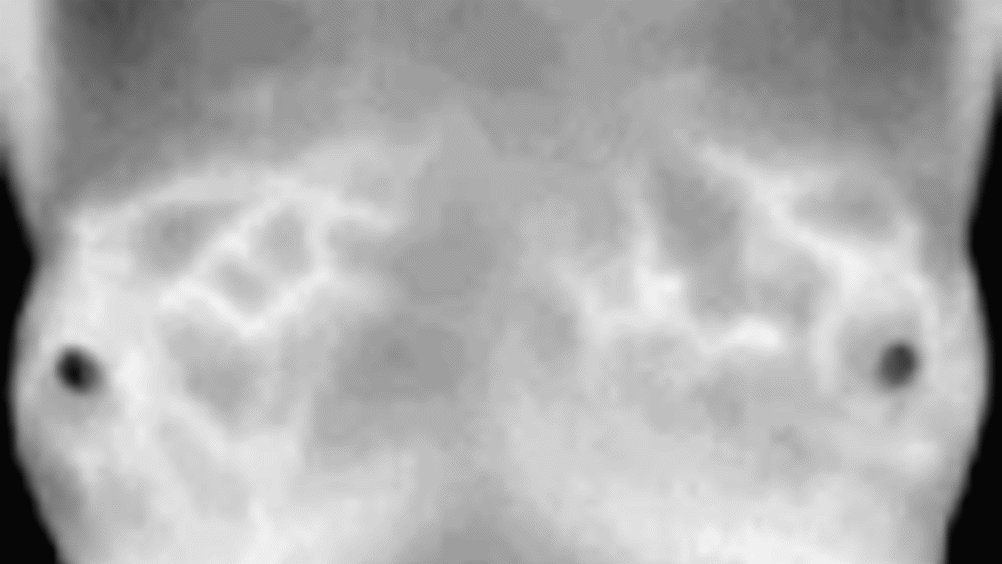Funding for cancer screening

A safer way to test for early-stage breast cancer has secured new funding to further develop the technique. The new technique will enable women to be tested regularly without the fear of over-exposure to radiation, a problem with existing X-ray tests.
The new technology, which utilises a radar system developed from land mine detection, has been developed by Micrima, a
“Compared to current methods, Micrima’s new screening technology can potentially detect breast cancer at a very early stage. It creates a better image, even through very dense tissue,” commented chief executive, Roy Johnson. “The half-million pound funding from business ‘angels’ NESTA and the SULIS seedcorn fund is a major step towards making this new screening programme available to all women.”
Alan Preece, Professor of Medical Physics at the
Register now to continue reading
Thanks for visiting The Engineer. You’ve now reached your monthly limit of news stories. Register for free to unlock unlimited access to all of our news coverage, as well as premium content including opinion, in-depth features and special reports.
Benefits of registering
-
In-depth insights and coverage of key emerging trends
-
Unrestricted access to special reports throughout the year
-
Daily technology news delivered straight to your inbox










UK Enters ‘Golden Age of Nuclear’
Apologies if this is a duplicate post - a glitch appears to have removed the first one: > While I welcome the announcement of this project, I note...